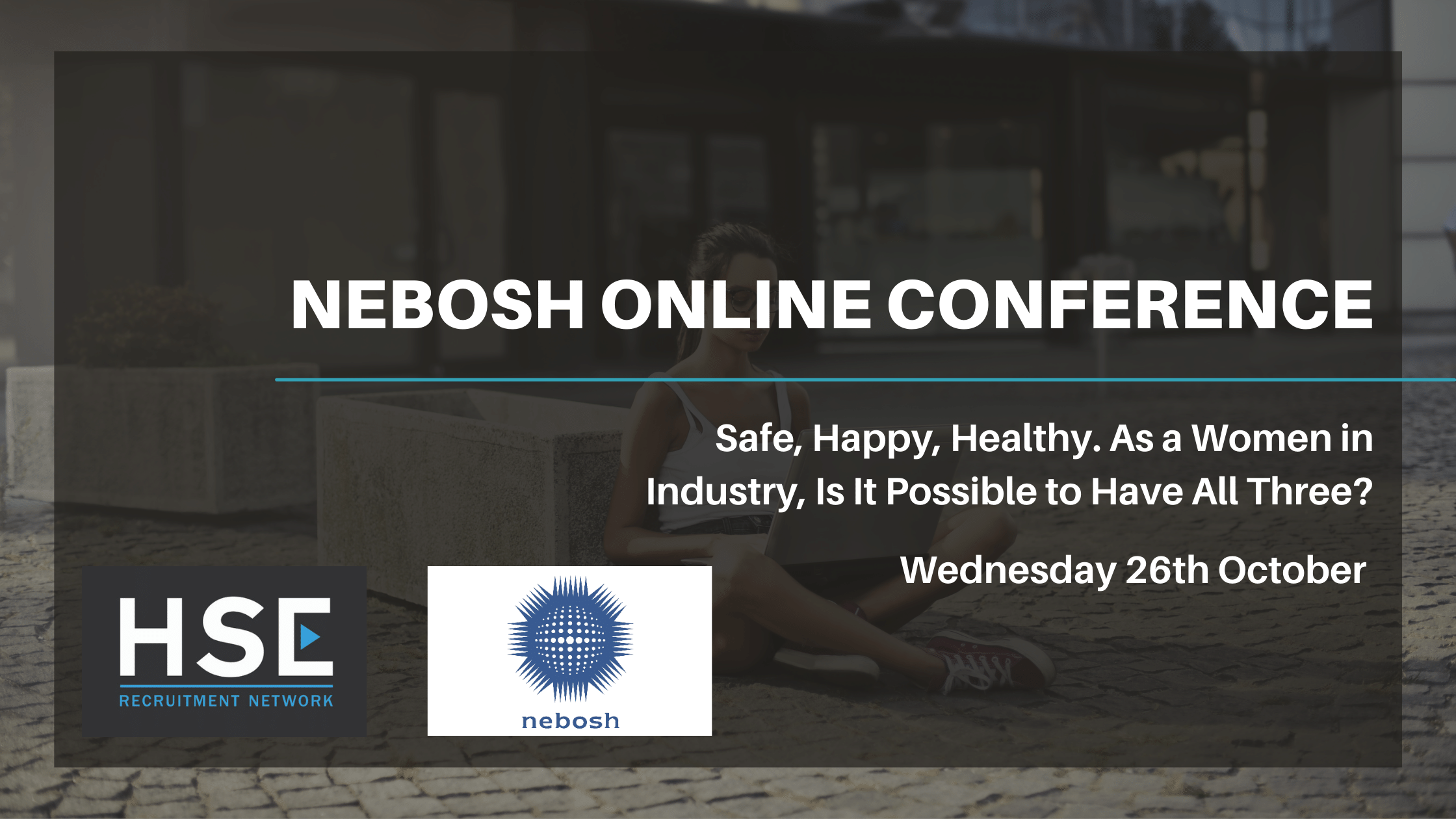The Misconceptions of Flexibility and Autonomy
.png)
There are many factors that employees are seeking to increase job satisfaction and happiness, especially in a market that has never been more buoyant with record number of vacancies. Respect, responsibility, goals and targets and recently – Autonomy.
Autonomy, not to be confused with flexibility, is the freedom to govern their workload. Be it where they work, what they work on and in what order.
Flexibility and autonomy, are two similar but separate things. Flexibility in your work may well allow you to work from home for a few days a week but it can be a very fleeting luxury. According to Harvard Business Review, flexibility can be a buzzword and thus can cause misconceptions of what flexibility means in different workplaces.
“But as typically happens with buzzwords, many different interpretations of flexibility are beginning to arise. For some, it means “the ability to connect and get work done from anywhere,” while to others it means “we’ll let you work from home a couple of times a week.”
As we’re beginning to find out, however, no one of these definitions is exactly what employees mean when they say they want flexibility. What it seems they want is autonomy. Within the context of hybrid work, this means having the ability to be the primary decision-maker of where and when they do their work.”
An article from Choose People, explores how employees are craving autonomy, not flexibility. “While some workers may not have control over the how, when and where of their work because of the nature of the work, they can have some control over their work environment.”
This seems to be a prominent issue when employees believe that flexibility is what their work-life balance requires. When autonomy would allow them to not only choose their in-office schedule but also their workflow and the hours that they work. Just one example of autonomy would allow parents of young children to leave work early or to work earlier and leave later to pick their children up after school. Giving you control over your work life is not flexibility, it’s autonomy as Choose People explain:
“Flexibility is not autonomy. And if I had to guess, autonomy is king. Flexibility in schedule and location is appreciated and valued. But autonomy gets to the guts of our sense of worth, of ownership and hence value around what we participate in, create and offer to those around us.”
Giving employees autonomy over their work can have many positive results. Employee happiness is of course a big factor, especially in employee retention but also in workflow. There is evidence that the happier people are, the more they enjoy their work and thus their work reflects that. An article from the University of Oxford supports this with a study into employee happiness correlating to higher productivity – “Data on attendance, call-to-sale conversion and customer satisfaction were tracked, along with the worker’s scheduled hours and breaks. The researchers collated this information alongside administrative data obtained from the firm on worker characteristics, work schedules and productivity”.
“The researchers found that happy workers do not work more hours than their discontented colleagues – they are simply more productive within their time at work.”

Employees also will look at other companies to see if they offer the same freedom that they get in their current role and it can be a huge deciding factor when it comes to retainment. If other roles are offering better control over workloads and it improves the employee’s home life, then they may be at risk of losing staff.
Just like with everything, having too much of a good thing can lead to slipping standards. According to Scientific Research Publishing – “Excessive job autonomy can lead to unethical behaviour by employees".
According to the self-determination theory, when individuals gain autonomy in their work, they will experience free will. But it is important that free will not only generate positive attitudes and behaviours but may also induce individuals to feel that actions that are not subject to rules are in the form of “self-interest”, such as laziness during work hours and abuse of organizational resources. Recent studies have shown that feelings that are not subject to rules are positively related to immoral tendencies in individual behaviour, so experiencing a high level of job autonomy can be induced by people being free from rules to increase unethical behaviour”.
This however should be the role of the company itself to set boundaries and make sure that employees still hit work hour targets and managers keep on track of their team’s output. Autonomy can in some cases lead to employees cutting corners.
Autonomy in the workplace is more prevalent now more than ever. The pandemic caused by Covid19 has seemingly changed not only the way we work but how we view our work schedules. The pandemic has given us clarity over what is important and most want to maximise their schedules and enjoy work life integration as opposed to struggling for a balance.
Our work lives have to fit in somewhere, so autonomy is now a key factor that employees will look for, not only when choosing a new job but deciding whether to stay I their current one.
For companies to retain staff – they need to provide their employees more freedom around their calendars and workflows. Autonomy is not only appreciated but now expected.

